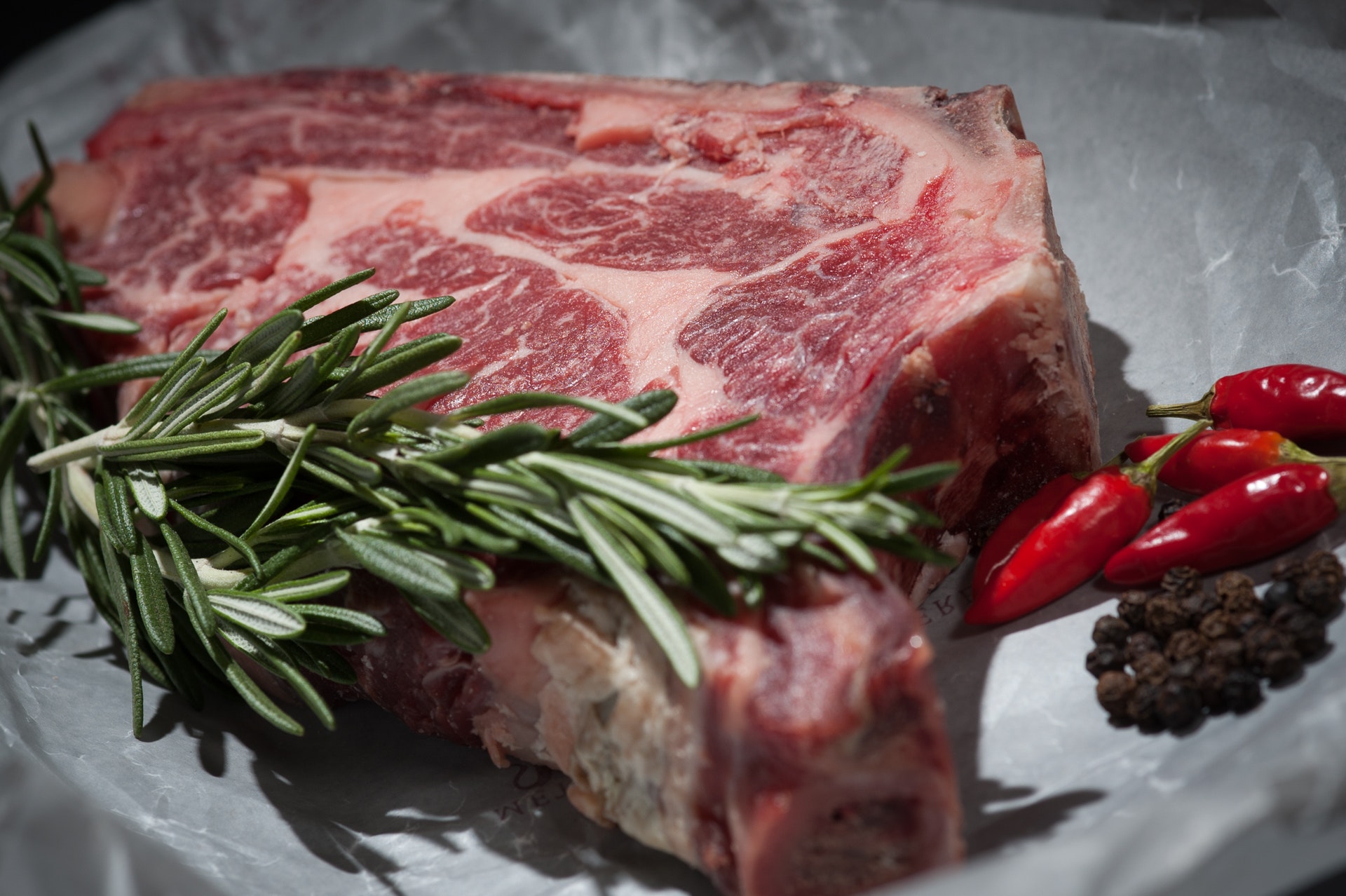
Coronavirus pandemic affected almost every industry in the world. Some of the industries were completely shut down, while some were considered as essential, therefore couldn’t be shut down. One of the major industries among the latter is the food Industry. With the industry being in an operation, it resulted in more interactions, and hence, greater the risk of coronavirus spread. There are many sub-industries within the food industry and the industry that took the most hit is the meat industry. The meat industry has evolved during the past three decades; i.e. producing a double amount of meat.
Their processes have become more efficient and they are producing 105 billion pounds of meat of different animals annually. With the increased number of processes, more workers are working there, and all of them work close to each other. When the coronavirus started to spread through plants and slaughterhouses, the lack of awareness and general carelessness led to a lot of meat industry workers contracting the virus and passing it on to their co-workers. The meat industry is praised for its efficiency and cost-saving, but this comes at the grave cost of worker’s safety and wellbeing.
According to the workers working at the meat processing facilities, they are not being provided with proper personal protection equipment and there aren’t any arrangements made, so that the workers can work while observing the social distance. The neglect of basic prevention practices resulted in these meat processing facilities being the Hotspots of coronavirus spread. Approximately 16,000 cases of coronavirus have been directly linked to192 meat processing plants in the United States of America. Approximately 33 percent of the meat processing facilities in the United States has been a center of high COVID-19 spread.
Due to this, several companies like Tyson, JBS, and Smithfield stopped working for several days or weeks. Seeing the conditions in these facilities, as meat is an essential food item for most of the population, the authorities made some conditions mandatory for these processing facilities to remain functional. Starting with the most basic ones, i.e. the availability of personal protection equipment for all the employees with proper social distancing protocols. These companies implemented these measures in their meat processing plants, such as the installation of plastic sheets between working stations, provided their workers with personal protection equipment, and took their temperature daily to ensure there is no sick person among them.
Similarly, many poultry processing facilities have or are implementing these guidelines to prevent the spread of coronavirus in their facilities. The authorities and the county health inspectors are acting swiftly to close down any plants that aren’t properly following the instructions and protocols. However, these meat processing plants must stay operational to meet the demand for meat in America. One more thing these food manufacturers can do is implement software like Food ERP, this will help them proficiently convert their processing plants into a safe working place.











Free Valuable Resource!
3 simple steps to find your Food ERP
Free Valuable Resource!
3 simple steps to find your Food ERP
*We will never sell your information. Keeping your data and privacy secure is our highest concern.